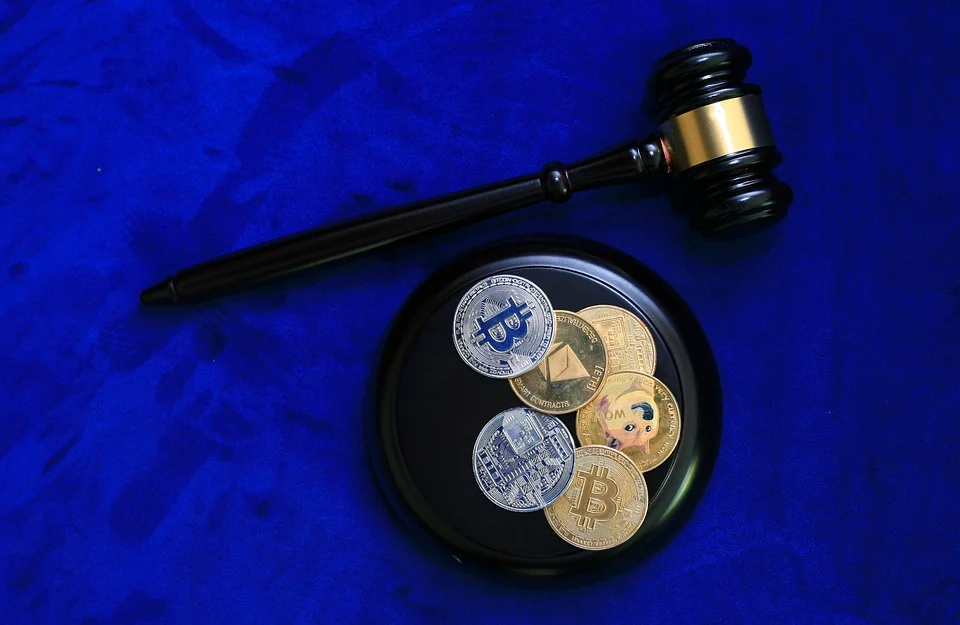South Korea’s cryptocurrency ecosystem may soon be subjected to rigorous disclosure rules on all digital currency operations, as the country’s National Assembly is presently considering whether “know-the-sender” (KTS) laws should be enforced on all digital currency transactions. A hearing was held on Nov. 16 before the Political Affairs Committee of South Korea’s parliament to hear the case against the intended KTS regulation, with legislators and industry professionals speaking out against the proposal. If enacted into law, the KTS regulation would require that firms that get any cryptocurrency assets authenticate and disclose the identity of the issuer as well as the address of the issuer’s headquarters.
In the event of business-to-business operations, the legal position of the issuer, as well as the number of workers, must also be disclosed. Choi Hwa-In, a representative of the Financial Supervisory Service (FSS), has cautioned that if the plan is approved, the regional blockchain business will be “severely restricted.” In a later statement, attorney Yoon Jong-soo stated that if cryptocurrency grows more important and commonly used, it will become more difficult to trust that the sender will give the essential data to find oneself.
Registration Of International Traders With The FSC
Furthermore, the KTS regulation would require crypto senders originating from out of Korea to register with the Financial Services Commission (FSC), the nation’s monetary regulatory body. A temporary halt to all cryptocurrency transactions in the nation may result until the necessary parties can come into conformity. However, a grace period will almost certainly be included in the law.
On Oct. 28, Yoon Chang-Hyeon of the People’s Power Party and Kim Byung-Wook of the ruling Democratic Party introduced a series of laws to implement the rule, which received bipartisan support. In addition to today’s session in the National Assembly, Korean legislators have been engaged in a flurry of regulatory talks around cryptocurrencies throughout the year. There is a heated debate about whether a tax on virtual currency revenues will be implemented as intended for South Korean citizens starting in January 2022. Several members of parliament have suggested delays to the tax, but they have met with fierce resistance from Finance Minister Hong Nam-ki.
Bitcoin ETF In South Korea
The Korean Teachers’ Credit Union (KTCU) is considering investing in BTC through an ETF. The Korea Economic Daily stated in October that KTCU, one of South Korea’s major fund managers, may invest in a straight Bitcoin ETF or Bitcoin-linked ETFs in early 2022. KTCU is reportedly exploring buying Bitcoin ETFs from South Korean fund manager Mirae Asset Global Ventures. In April 2021, Horizons ETFs, the company’s Canadian division, introduced two Bitcoin futures ETFs.
“We aim to invest in ETF products after discussing with local asset managers,” a KTCU executive allegedly said. The source also highlighted a Bitcoin ETF filed by Mirae Asset’s branch Global X ETFs with the US SEC in July. According to the study, KTCU manages $40.2 billion in holdings.
